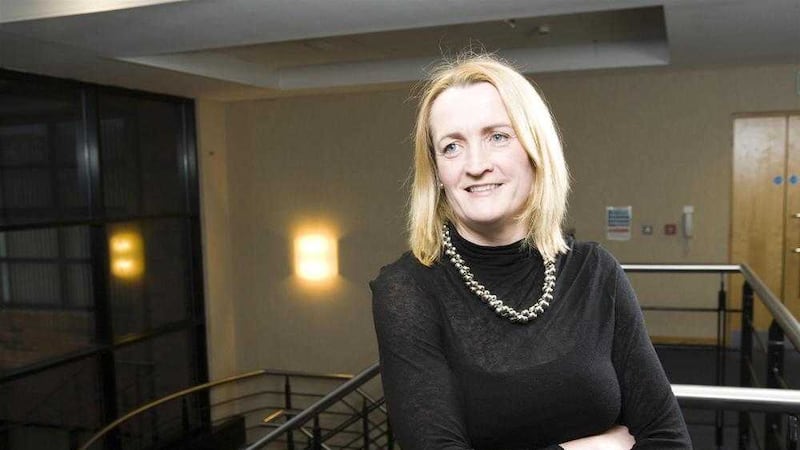SINCE the hit TV series Dragon’s Den hit our screens in 2009, business investing has become part of everyday conversation.
However, in a world of light bulb ideas and rags-to-riches business ventures, a lesser-known term is becoming increasingly prevalent: a ‘business angel.’
Ostensibly the same as a dragon, business angels invest their money directly into high-potential start up companies in the hopes of generating lucrative returns.
A new report by IntertradeIreland has highlighted the successes and pitfalls of this growing practice, interviewing over 100 people involved in a business which it claims has a current value of between €70 million and €120m (£60-100m) and helps around 330 firms across Ireland.
The report found that the most popular investment sectors are in the IT and digital industries and the vast majority of business angels are middle-aged, well-educated males with previous entrepreneurial experience.
The risky nature of the practice was also highlighted as the statistics showed that of the 74 angels surveyed, upon exiting from their schemes only 14 had reported a positive return on their investment, while 19 made a loss, 10 broke even and 47 still has the investment in their portfolio.
Focusing on investors within the business angel networks of HBAN and Halo, which primarily focus on the south and the north respectively, the report showed that cross-border activity was relatively rare, while tax incentives were a crucial part of dealings.
The north’s Enterprise Investment Scheme/Seed Enterprise Investment Scheme was portrayed as consistently more attractive to the angels, compared to the south’s Employment and Investment Scheme.
It also seems that there are a handful of business angels which have taken a substantially larger slice of the investment pie than the rest. The top five most active investors of the 74 surveyed accounted for more than a quarter of the total investments and two-thirds of their total value.
In terms of how long angels have had to wait for a return on their investment, patience seemed to be a key virtue in the practice.
Of the 49 active investors interviewed, less than half expected to exit from their schemes within 4-5 years from their initial investment. Fifteen out of the 49 expected to wait longer than this.
Operations manager for IntertradeIreland Grainne Lennon said that there is work to be done in order to see the true potential of business angels, which has been estimated to grow to €264m (£227m) by 2020.
“The report has drawn additional recommendations for the market, such as the need to increase the number of business Angels with broader investment portfolios as well as enhancing the quality of start-ups seeking finance,” she said.
“Strategically, positive advancements in this funding chain can be progressed if Business Angel investing is placed at the core of enterprise and economic development thinking by increasing the profile and policy-leverage of the topic.
“Through successful delivery, the business angel community can become a more transparent source of equity finance for even more flourishing firms and individuals seeking to take their business to the next level.”




